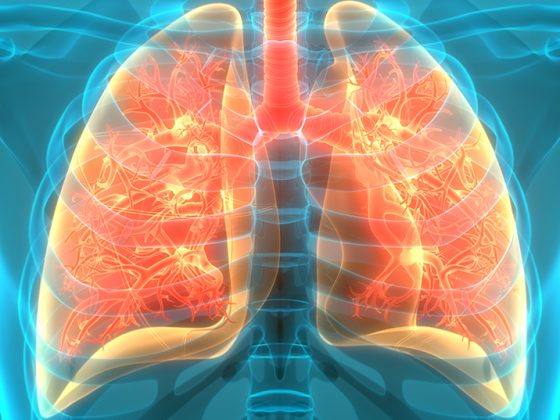Given the sharp increase in COVID-19 patients with severe disease courses, emergency and critical care physicians, as well as other healthcare disciplines, are currently faced with difficult decisions: How should available resources be allocated to benefit as many patients in need as possible? Now that new aspects of the discussion are emerging, not least as a result of vaccination, experts from seven professional societies have updated the “Guideline for Prioritization and Triage in Acute Resource Shortages” published in spring 2020.
The main points concern equal treatment of vaccinated and non-vaccinated patients in health care and respect for equity in increasing resources in favor of care for patients with COVID-19.
Lack of vaccination is not a reason for limiting health care coverage
In recent weeks, public discussion has repeatedly suggested using immunization status as a decision criterion for prioritization when funds are scarce. The frustration about some people foregoing effective vaccination is understandable, not least in view of the massive burden on those working in the healthcare system, says Prof. Uwe Janssens, former president of the DIVI and head of the ethics working group. However, the professional societies clarified in the updated guideline that lack of vaccination cannot be a legitimate criterion for triage decisions.
“The duty to help in the health care system exists in the case of life-threatening illnesses, regardless of the trigger or the preceding behavior of the patient in need,” Janssens said, summarizing the position of the guideline.
Medical ethicist and president of the Academy for Ethics in Medicine, Prof. Georg Marckmann, adds that entitlements to benefits in our solidarity-based healthcare system are not made dependent on criteria such as “self-culpability” or “personal responsibility” for good ethical reasons. First, in individual cases it is usually not possible to prove with sufficient certainty that the illness is causally attributable to a behavior of the patient that is detrimental to health. Secondly, the behavior is often not based on a free, self-determined decision for which the person is responsible. Third, there is a lack of generally accepted standards for which self-inflicted and freely chosen actions that are hazardous to health should be the responsibility of the individual and to what extent. This applies not only to obesity, smoking, or high-risk sports, but also to the decision to forgo SARS-CoV-2 vaccination. Therefore, prioritizing scarce acute medical resources by vaccination status is unacceptable.
Create resources for COVID-19 patients, ensure equal treatment of other patients.
The second major change to the guideline addresses the clinical ethics basis for resource allocation in light of the increased need for COVID-19 patients. If a resource shortage becomes apparent, hospitals should limit regular operations in order to be able to provide capacity for the increasing number of critically ill patients with COVID-19. To this end, treatments should first be postponed if the delay is not expected to lead to a worsening of the prognosis, irreversible damage to health, or even premature death.
In the event that further expansion of treatment capacity for COVID-19 patients is also required, it must be kept in mind that patients with other diseases are not disadvantaged compared to COVID-19 patients, emphasizes the physician and medical ethicist, Prof. Schildmann, co-author of the guideline. Equal treatment of all patients to be cared for must be ensured, even in the case of scarce resources. Negative health effects due to the restrictions are to be minimized. Patients and their families must be transparently informed about the reasons for any limitations in care and the health effects that may be associated with them.
More information:
https://www.divi.de/presse/pressemeldungen/pm-intensiv-und-notfallmediziner-aktu…











